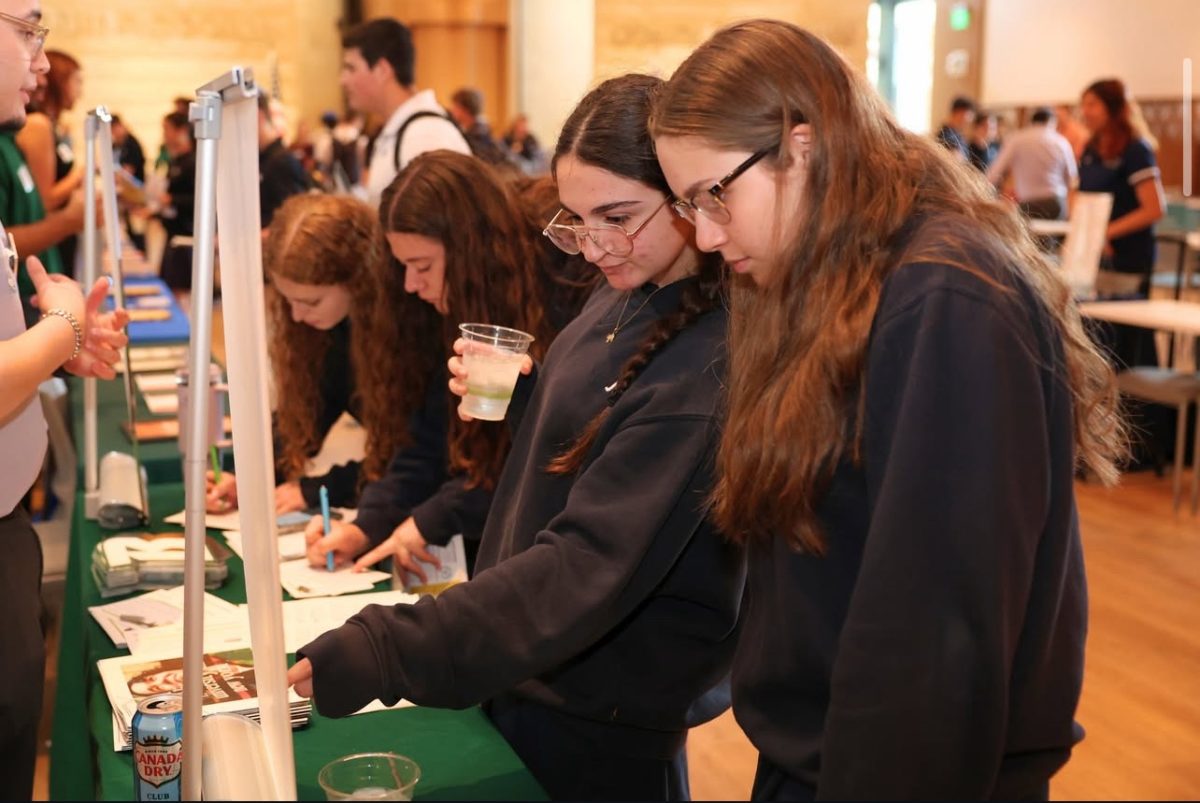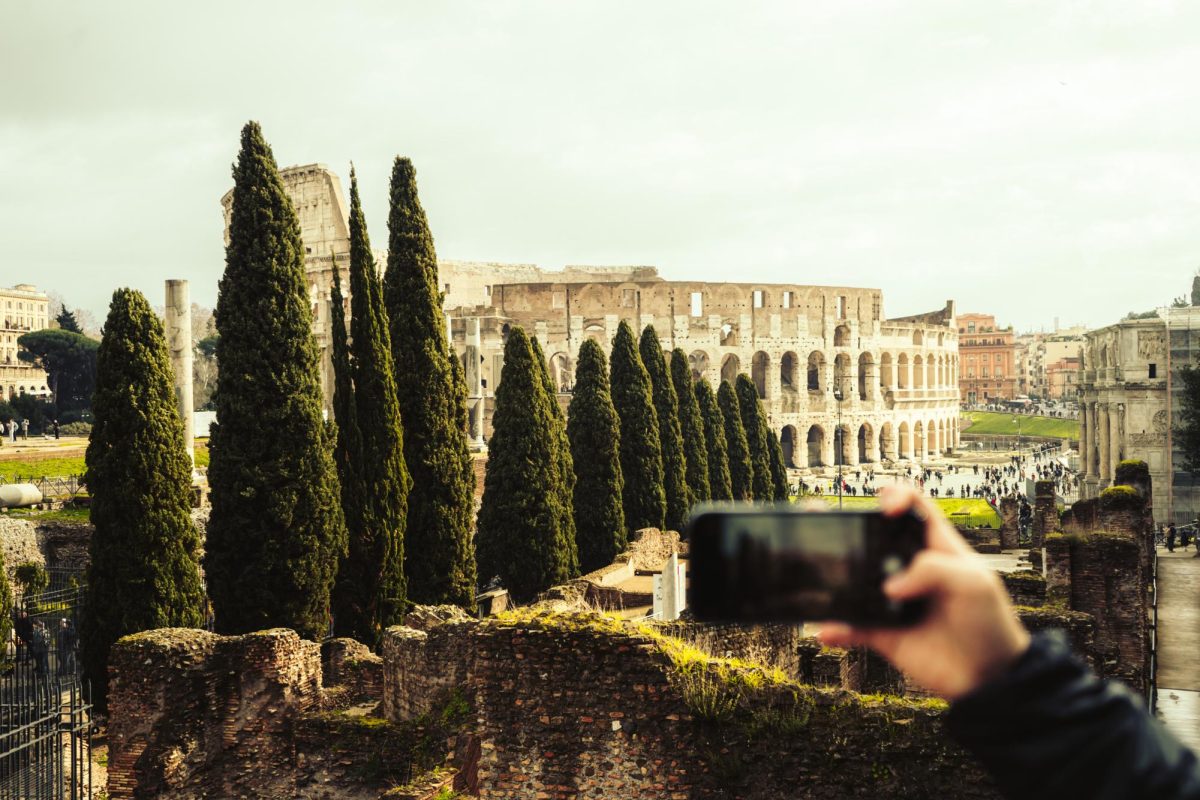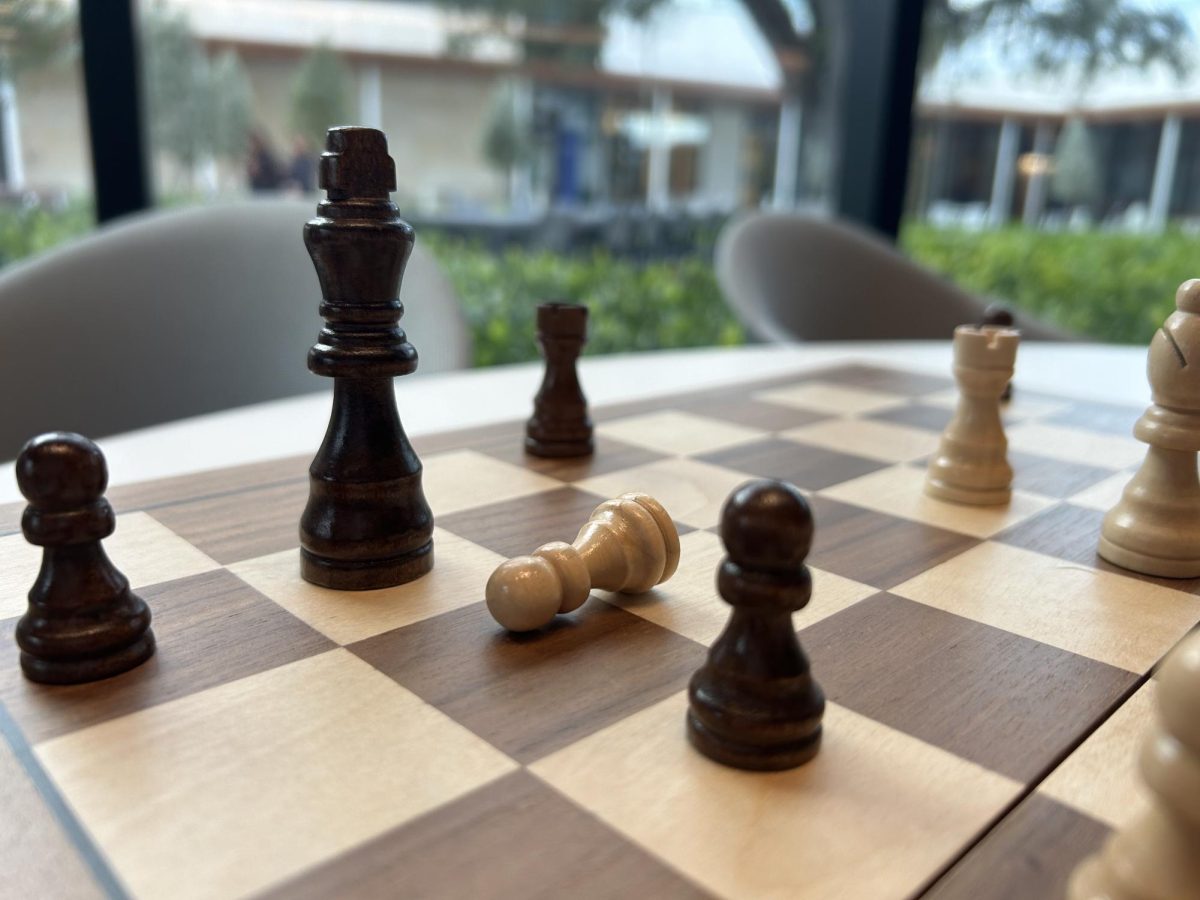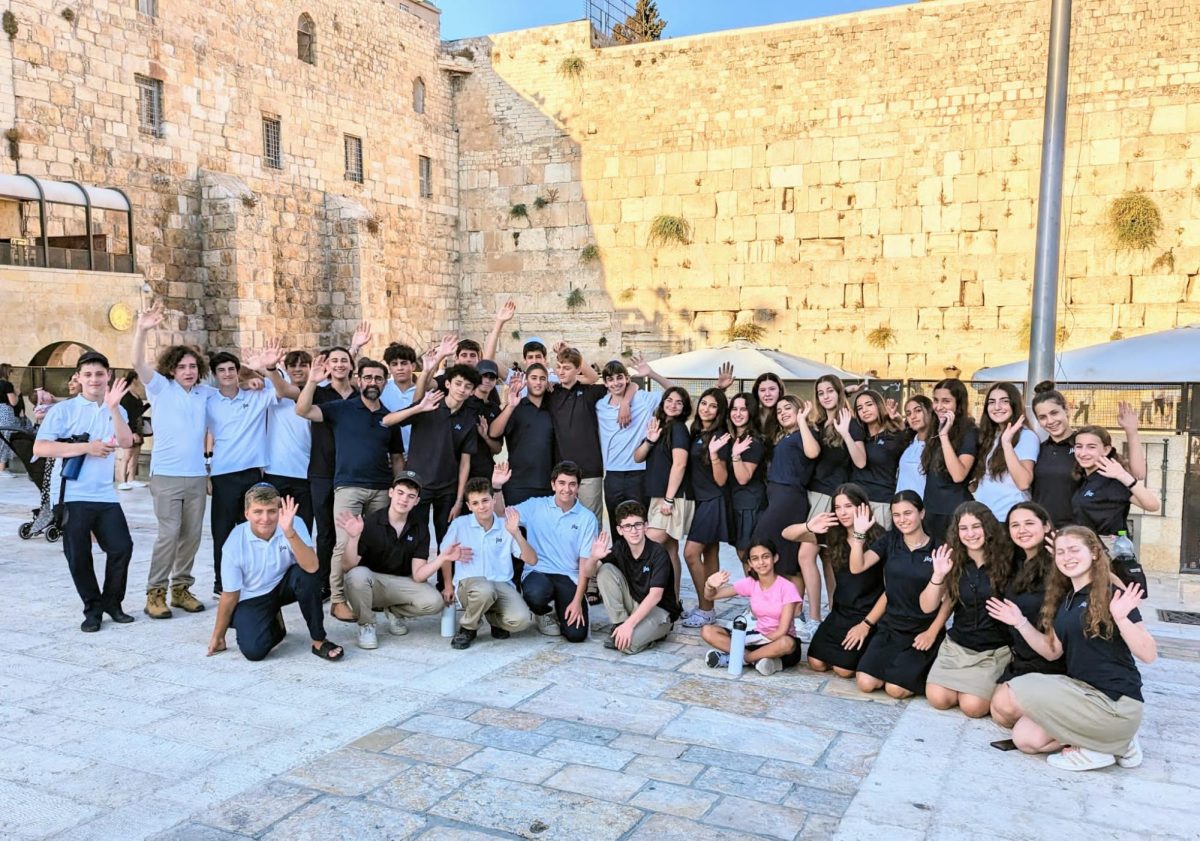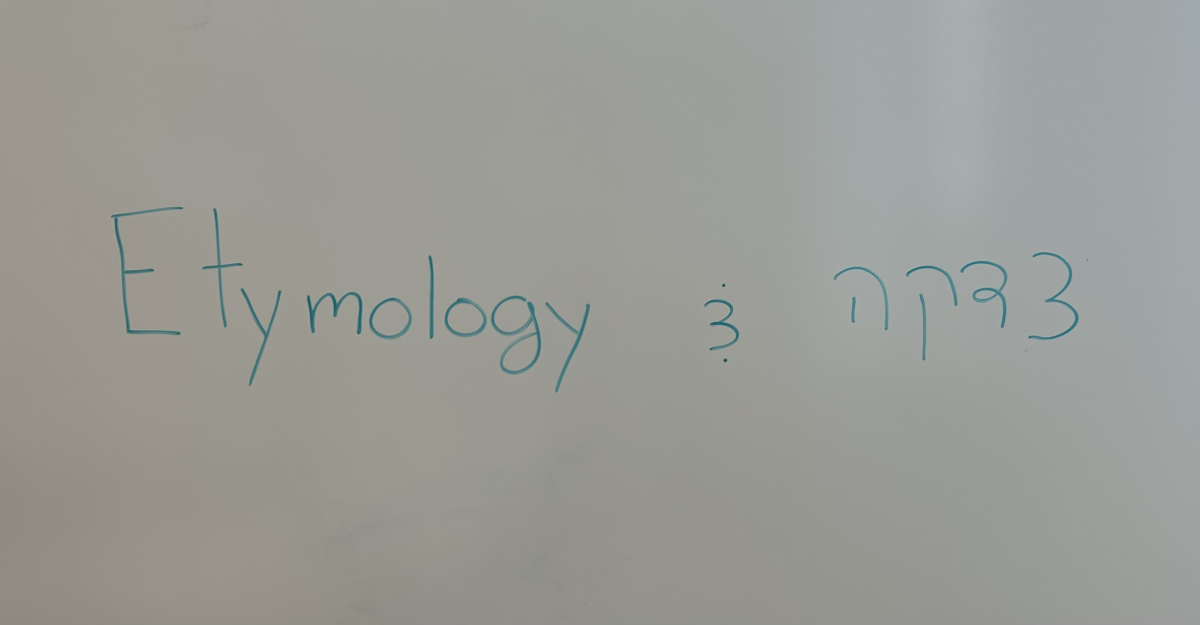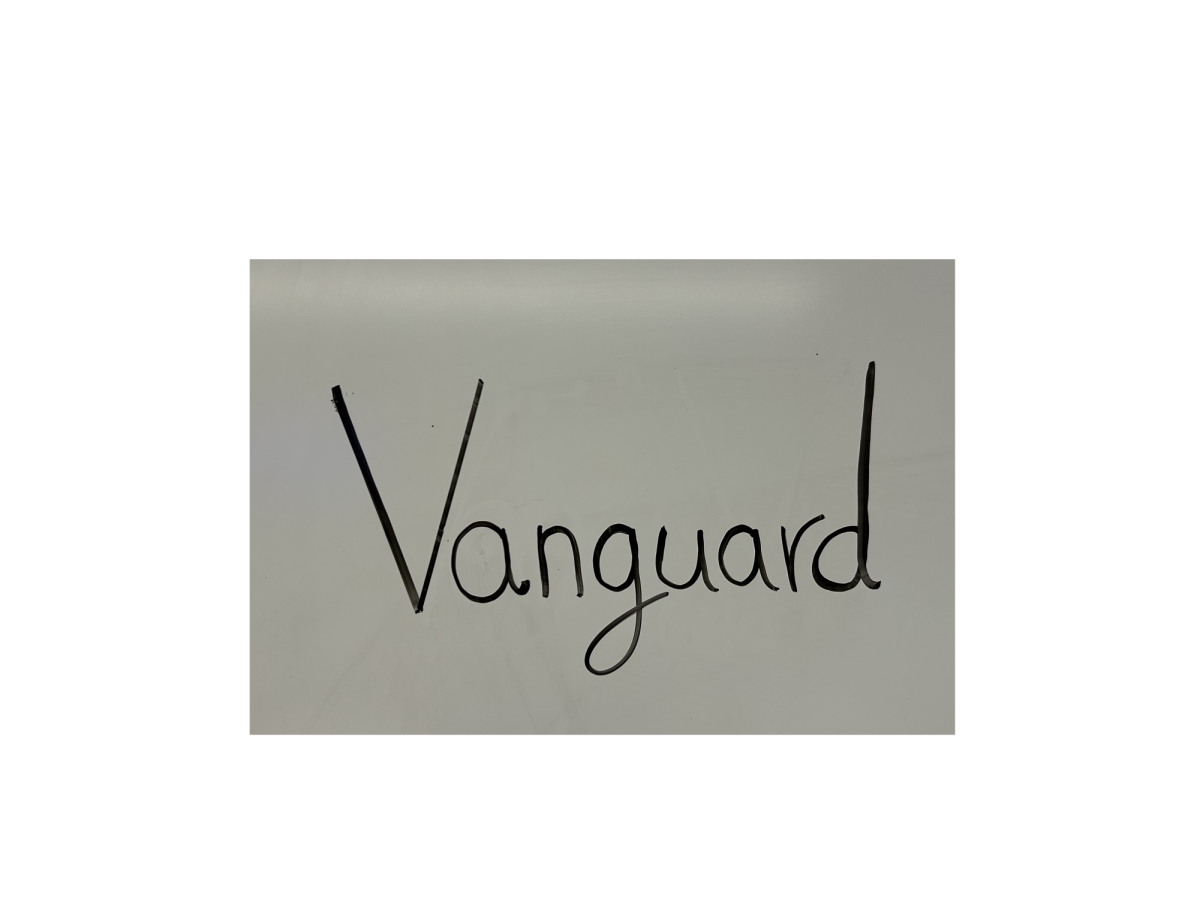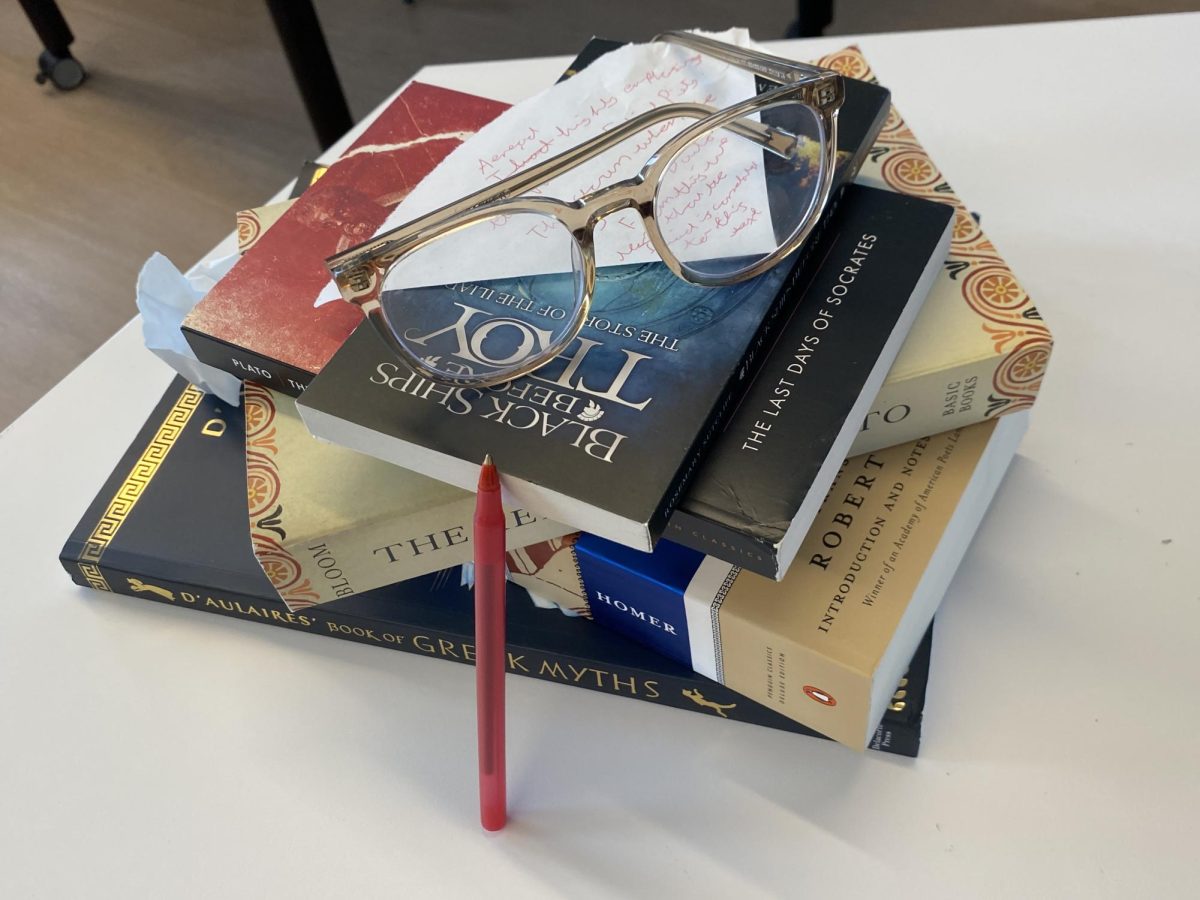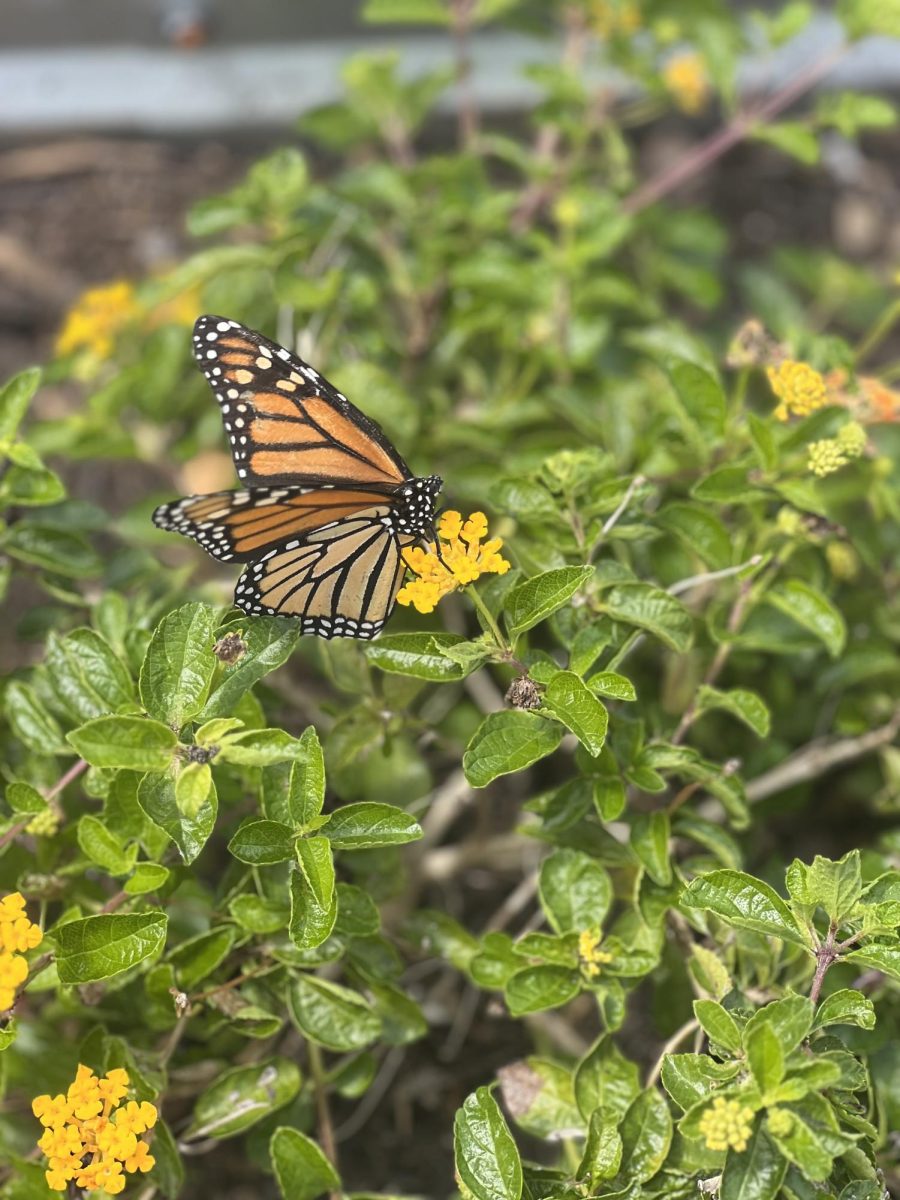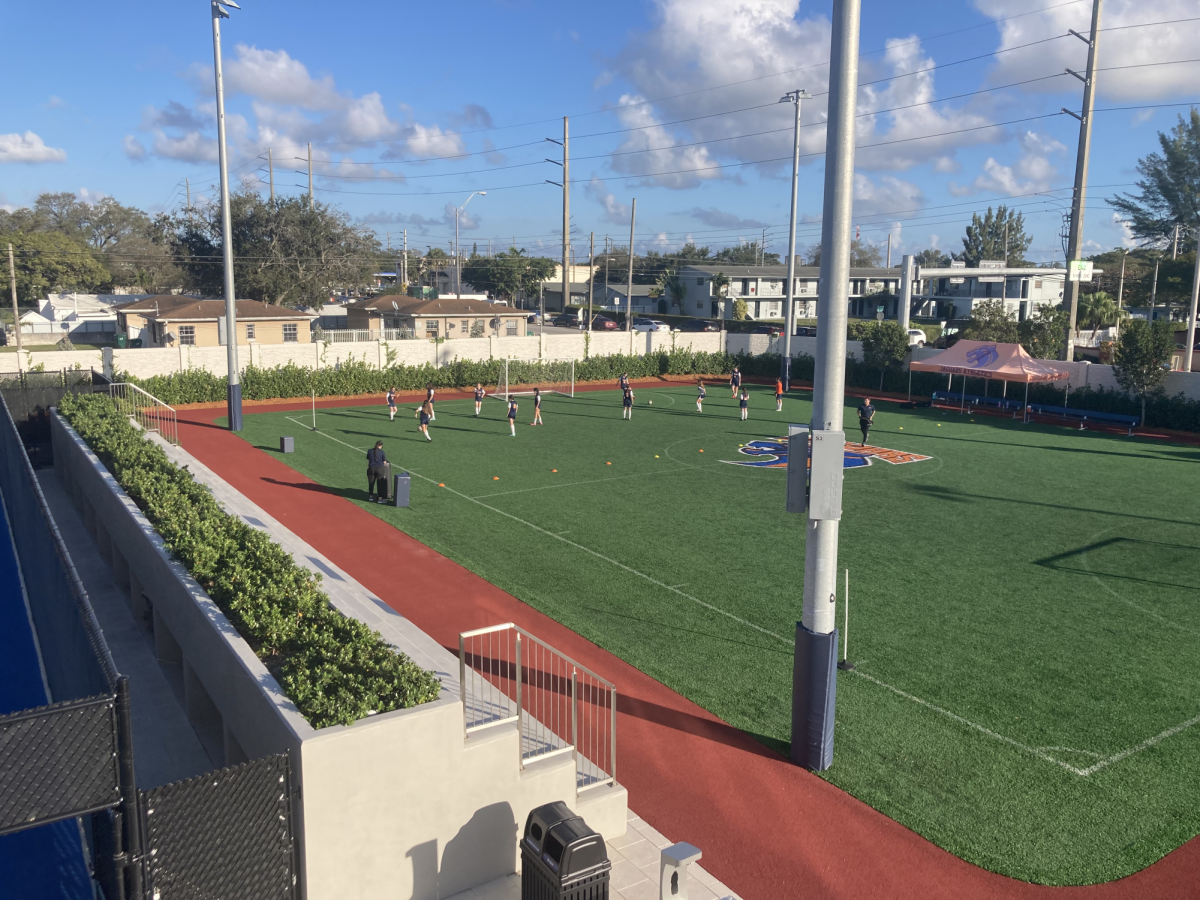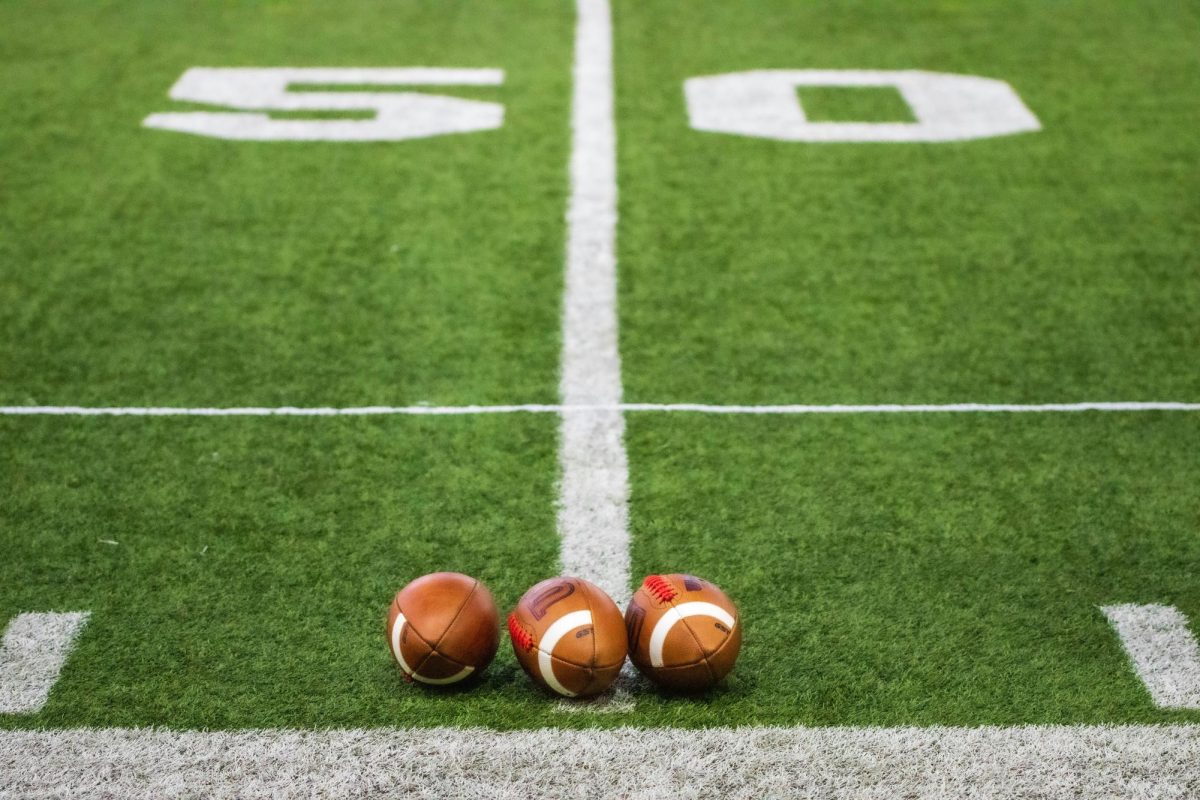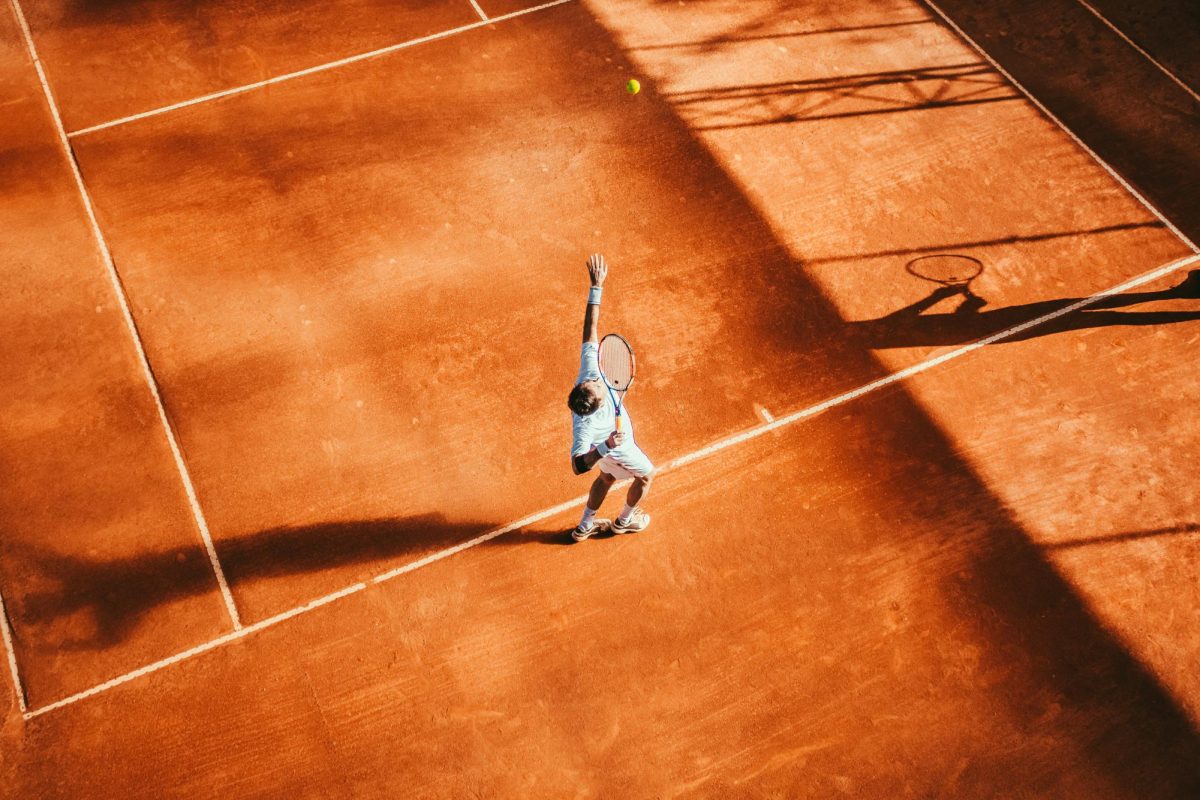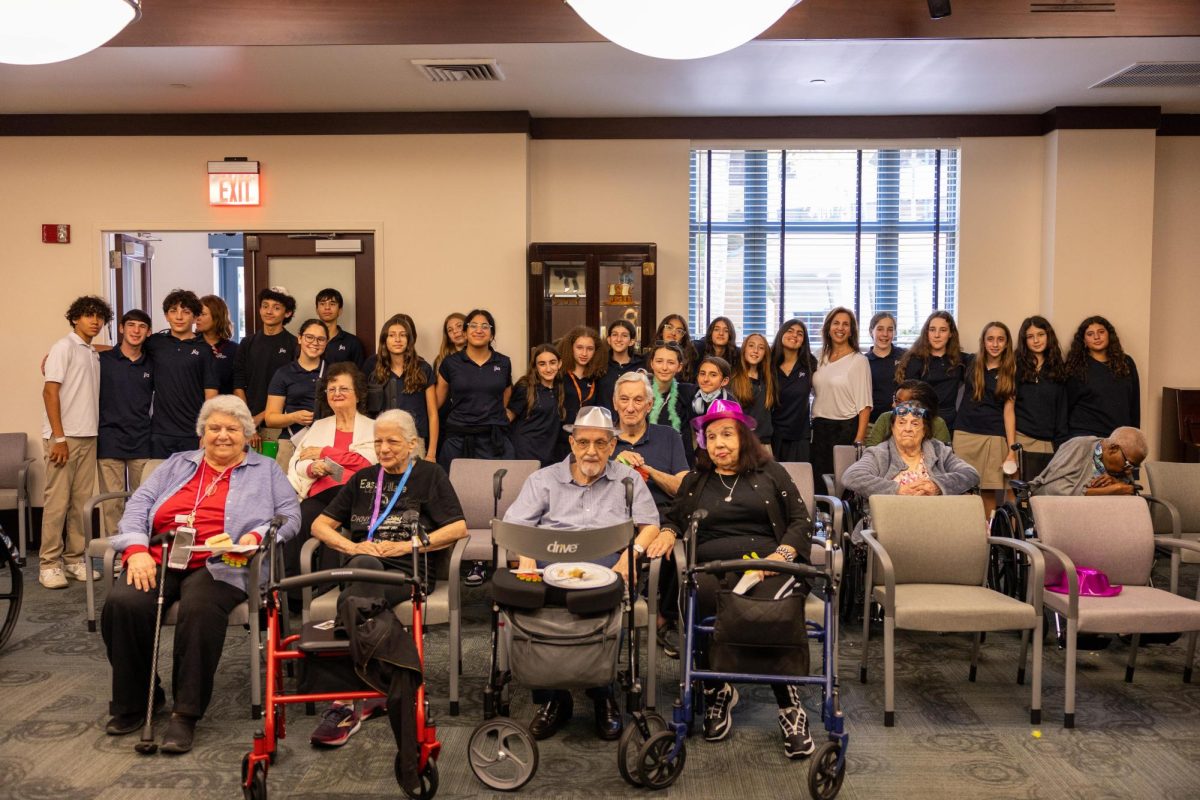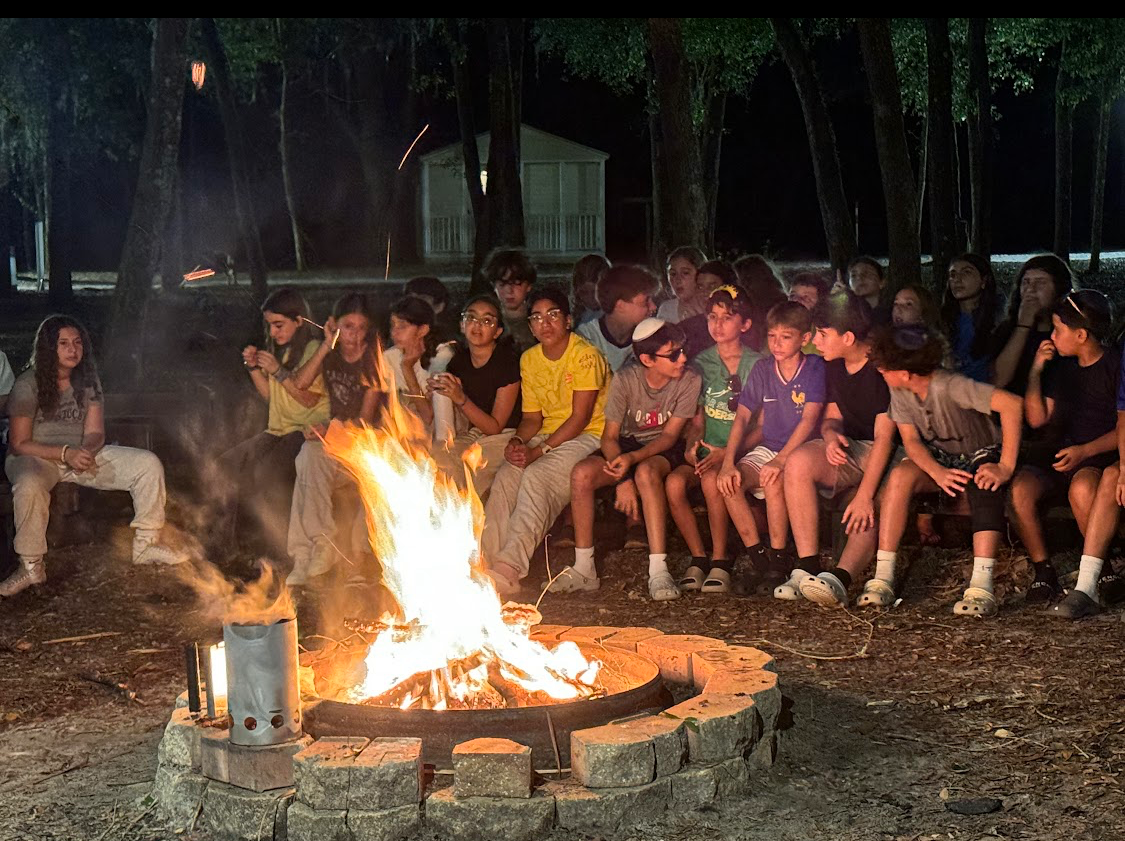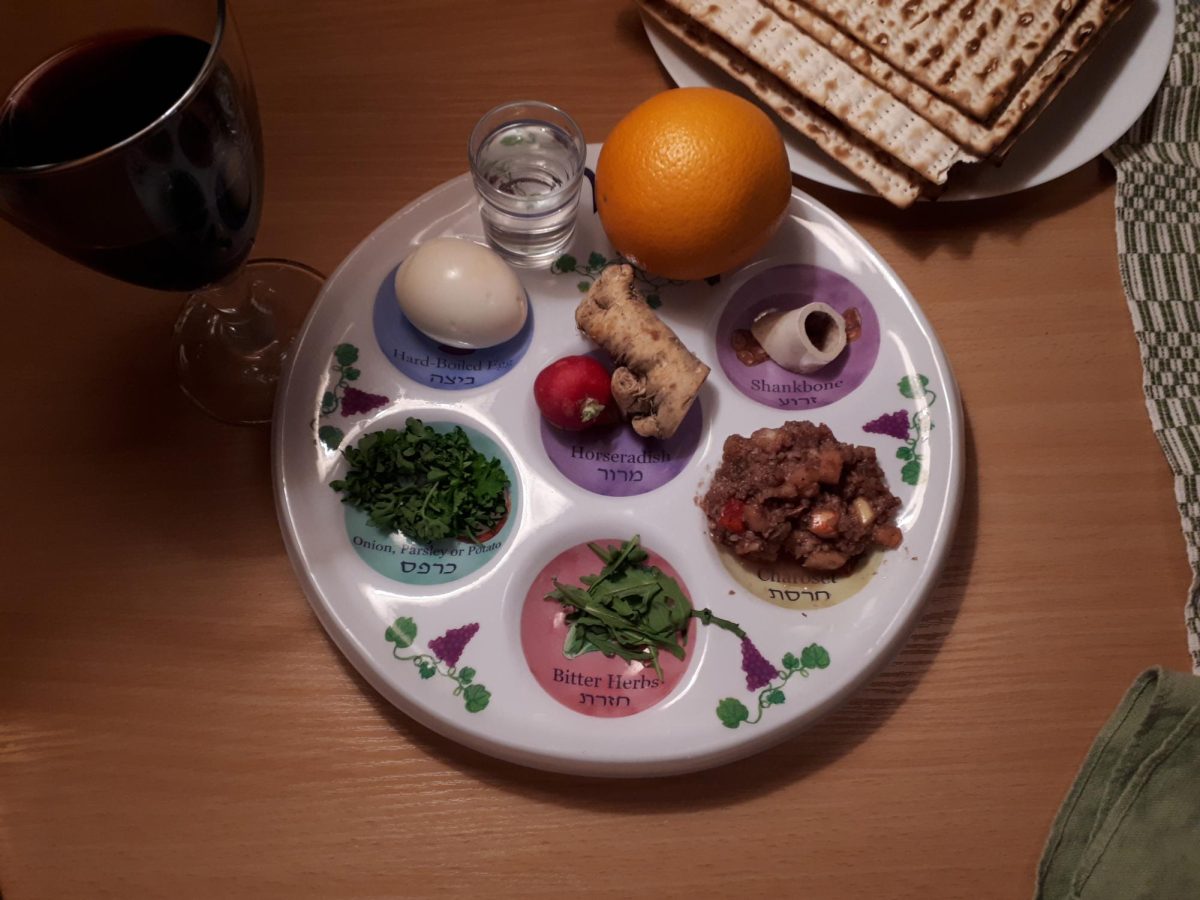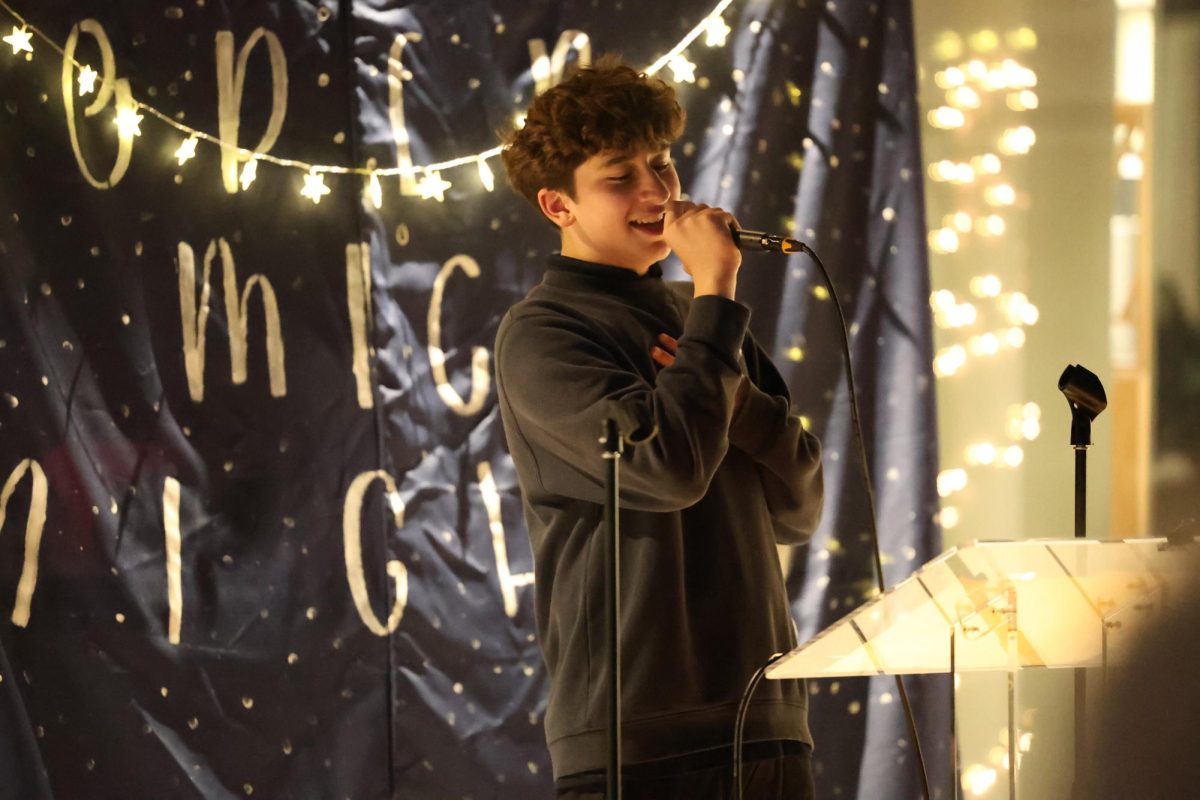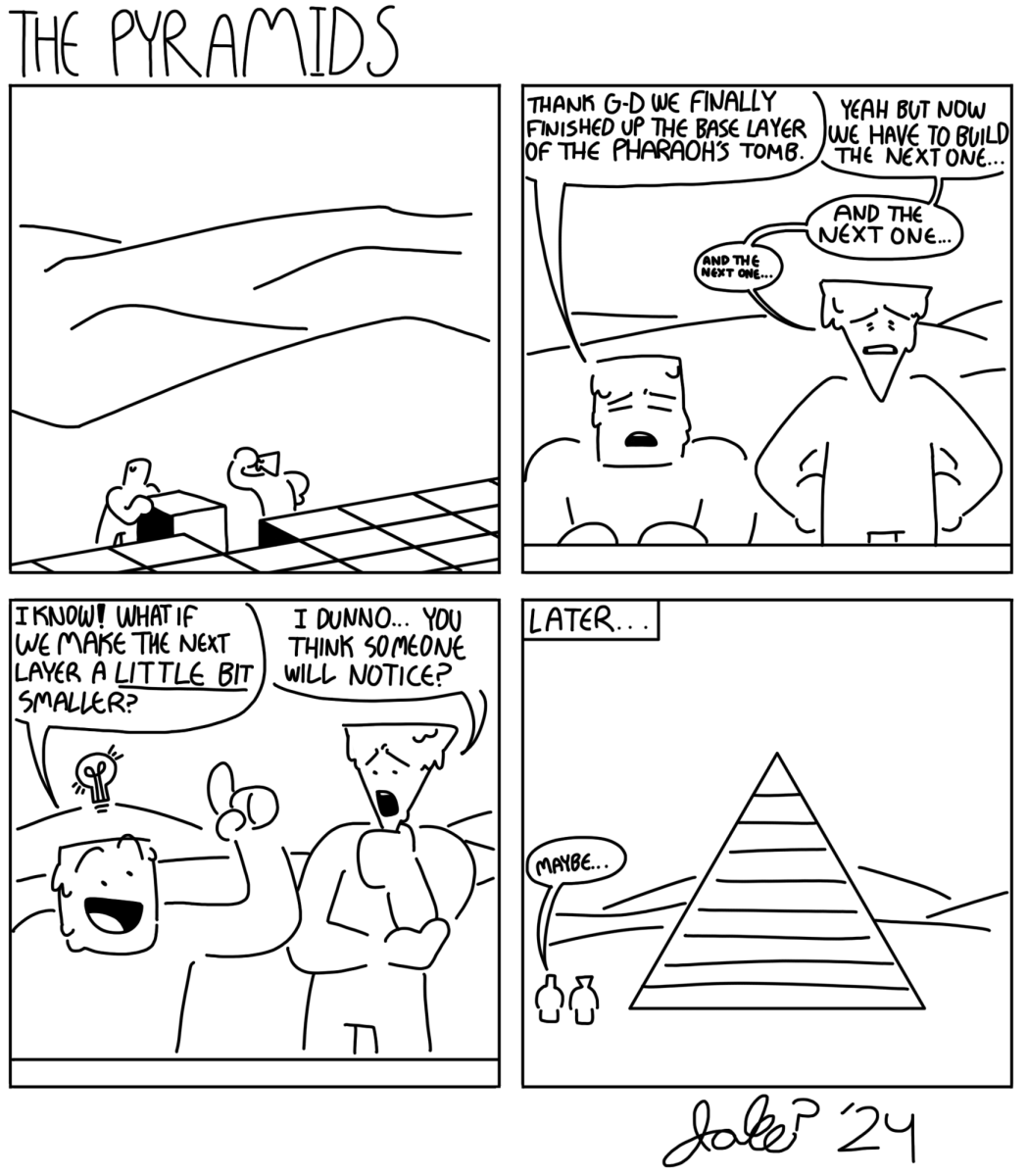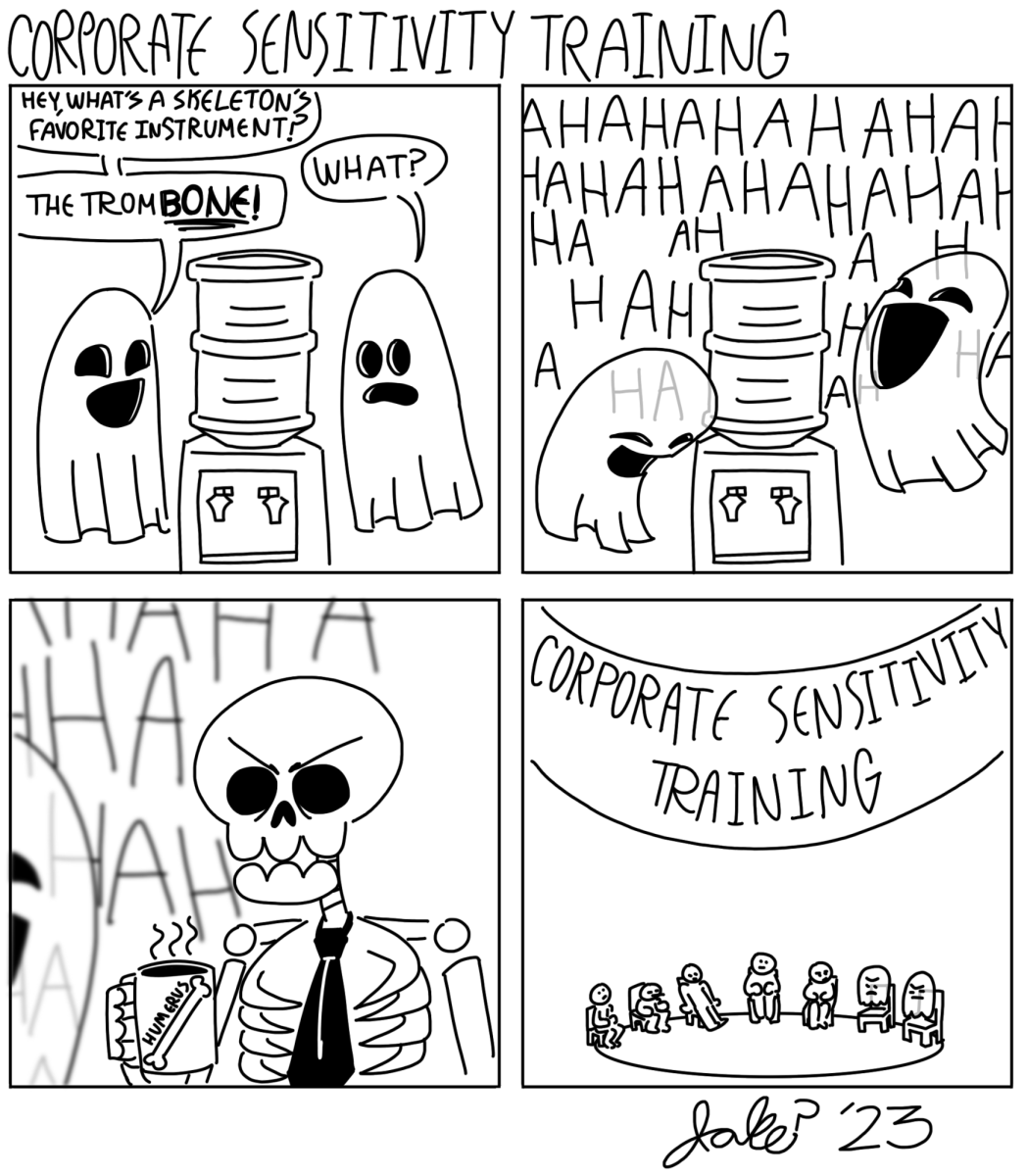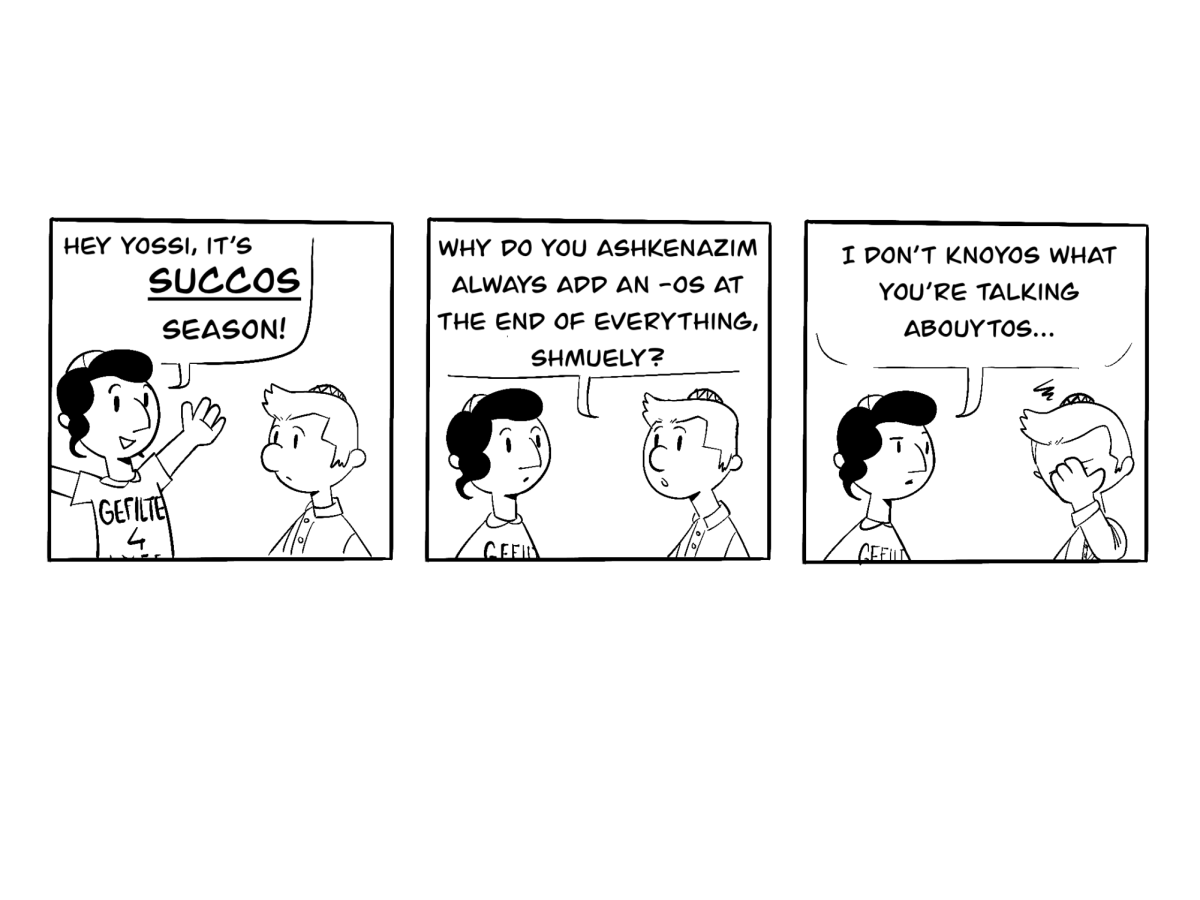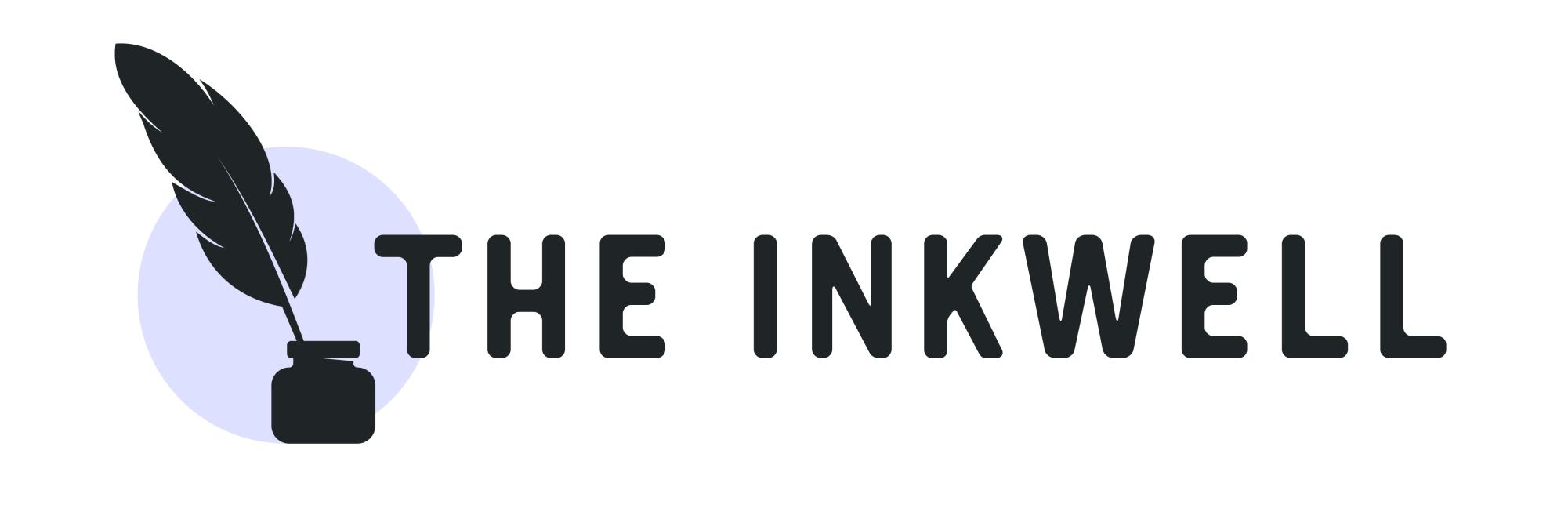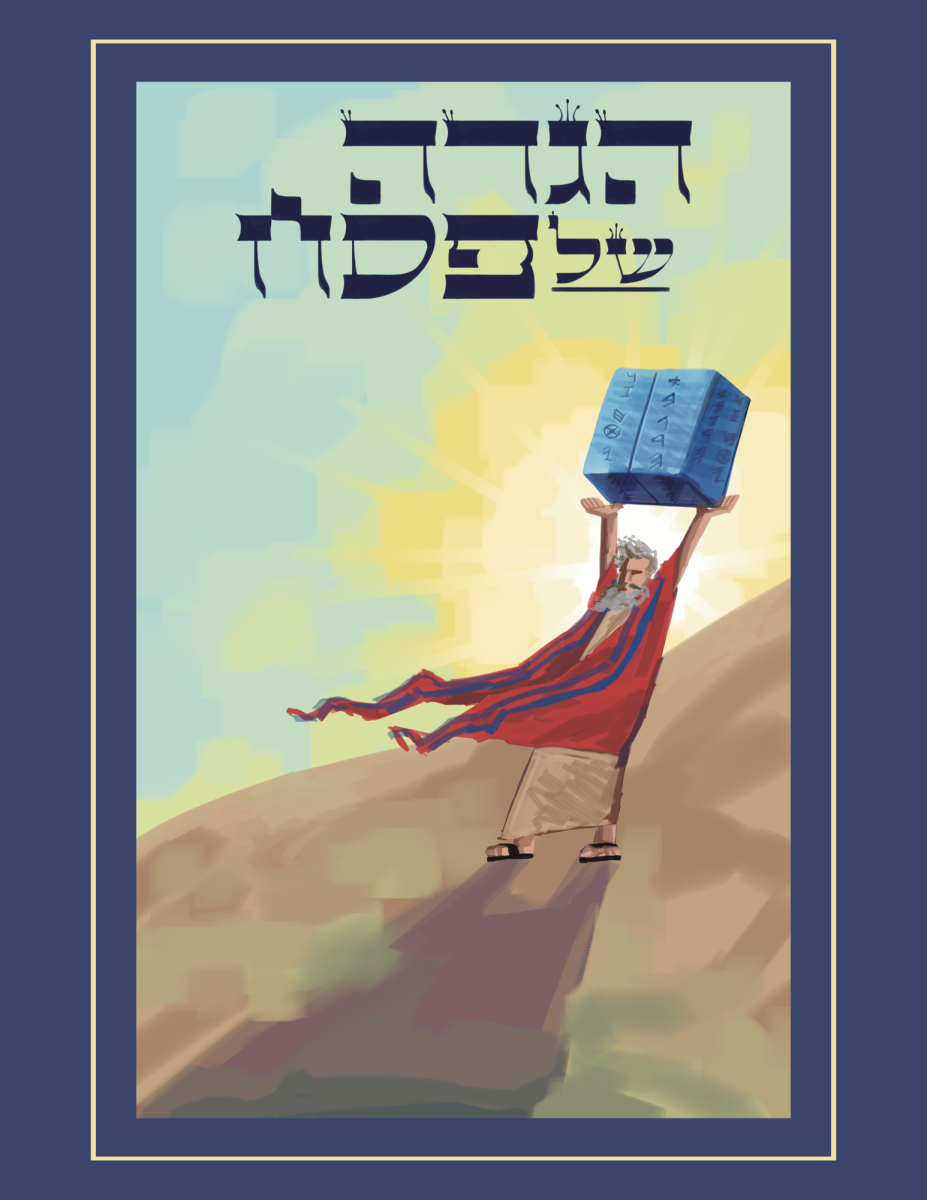Nineteen percent of America has a disability. The disabilities can be big or small, as a disability simply means something in the body that makes life harder. A disability can be mental or physical. If a disability is big enough, then they can feel different and not included. That’s why inclusion is important for disabled people.
Friendship Circle aims to make disabled kids and adults feel included. Friendship Circle built its first campus in Miami in 2004. It started out small, but over the years it has grown largely. With a new campus underway, striving programs, and many volunteers, Friendship Circle is now a big community.
The way Friendship Circle makes disabled kids feel included is by the programs. There are programs at home, and programs out of the house. Sunday Circle, Teen Scene, fitness, art, and camps are just a few. Disabled kids are paired with volunteers, who help them feel friendship and inclusion. Volunteers are teenagers and adults who choose to spend time in these programs. In return, they are given the happiness of providing inclusion, and community service hours.
Friendship Circle can go beyond just programs, though. Here at JLA (Jewish Leadership Academy), we have a program called Service Entrepreneurship Program. Every Friday, for about an hour and a half, students are tasked with giving back. How can they help their communities? How can they provide service? So one initiative was to design backpacks. These backpacks would help autistic kids feel comfortable in places like synagogues and restaurants. Autism is a social communication disability. Sometimes it’s hard for autistic people to feel calm in public and loud spaces, and they can go crazy. These backpacks will contain tools that help autistic kids feel comfortable and calm.
Megan K., Guy P., Sophia B., Sasha R., Andre A., Ethan M., Manuel S., Zachary R., Misha G., Yossi B., Steffi K., Dafna P., and Sasha A., decided to work on this project led by Ms. Darcy Hildebidle. They were starting an initiative that would hopefully carry on and expand through the years! They started off with a goal of four backpacks. They had to work on the scope of the project and come up with what they would do. I interviewed Misha and Yossi on the first day working on the project.
What do you think about this project?
Yossi: I think it teaches us good life lessons – it’s meaningful.
Misha: It’s very meaningful. I’ve always wanted to help people who are different from me, and I want to help them have fun.
What do you envision you will put in the backpack?
Yossi: Stress toys, headphones, and a weighted vest.
Misha: Stress balls, and headphones.
Do you think this project will turn out well?
Yossi: Yes.
Misha: Yes.
As the project carried on, the group worked on many things. Students chose a temporary role and wrote down their responsibilities. They contacted many restaurants throughout Miami to see if they were interested in keeping a backpack. They also prepared to interview people with experience with autistic people. This would be used to plan out what to put in the backpack.
An important factor to this project was money. A lot of money would be needed to buy many tools and backpacks. And money wouldn’t be provided. Fundraising was needed, so students started brainstorming for many ideas to constantly make money. Some ideas wouldn’t work, but some made it to the final cut.
As they are still deciding a fundraising plan, still designing backpacks, still interviewing, and still finding locations to partner with, this project will get bigger and bigger. And with a lot of work and a lot of help, this project can make a huge difference in autistic people’s lives. A way for them to leave the house and feel comfortable in public spaces. To feel included and not separated from everything else. To feel as other people feel. So a lot of continuous effort is being put into achieving this impactful goal.
